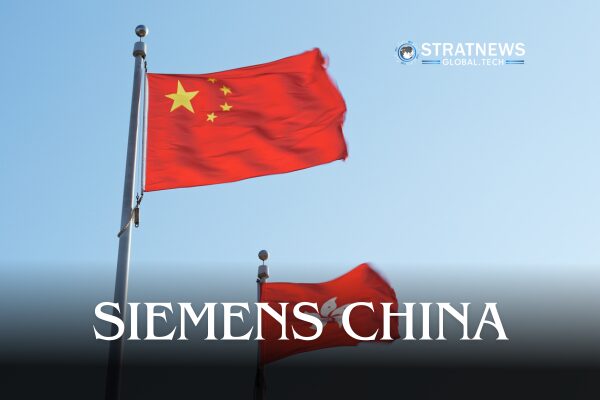Siemens Regains Full Access to China Market as US Lifts Export Restrictions
Germany’s Siemens AG has announced it has received a notice from the US government lifting export restrictions on its chip design software for China. This development allows Siemens to restore full access to its software and technology for Chinese customers.
Bloomberg News reported the update on Wednesday, citing a statement from Siemens. The German company and the US Department of Commerce have not yet responded to Reuters’ requests for comment on the matter.
Restrictions Imposed in May Now Reversed
In May, the US government required several companies, including Siemens’ EDA unit, to obtain licences before exporting semiconductor-related goods to China. These restrictions applied to design software and chemicals essential for semiconductor manufacturing.
Other companies affected by the restrictions included Cadence and Synopsys. The policy was part of Washington’s broader measures to control the transfer of technology linked to chipmaking to China.
The reversal of these restrictions now allows Siemens to continue its operations in China without additional licence requirements, easing concerns for its Chinese clients and the wider semiconductor supply chain.
Supporting China’s Semiconductor Development
The restoration of the company’s software access is significant for China’s chip design and manufacturing sector. Siemens’ Electronic Design Automation (EDA) tools play a key role in the development of advanced semiconductor technologies. By regaining access, Chinese customers can resume using Siemens’ tools without interruption.
While the US has imposed strict measures on advanced semiconductor exports to China, this step indicates flexibility in managing trade while addressing security concerns.
The decision may help stabilise supply chains and business planning for semiconductor companies operating in China, which remain crucial for the global electronics industry.
Siemens, a major player in industrial technology and digitalisation, will likely benefit from the restored access, maintaining its presence in a critical market for semiconductor growth.
with inputs from Reuters


